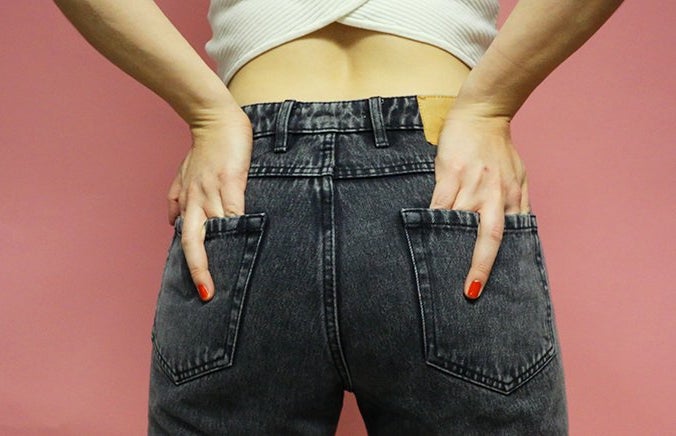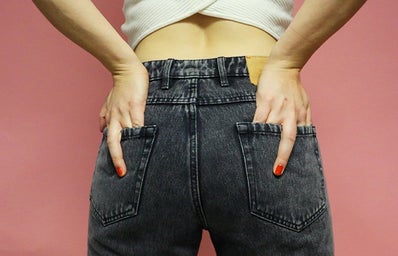Sometimes, when I walk outside, I catch myself being extra careful. My eyes dart around corners, scanning for obscure shadows. My hands tug at my clothes, adjusting a dress that, moments ago, made me feel confident, but now I hope will go unnoticed. I think about the times I’ve kept quiet to be taken seriously. The times I’ve laughed off comments about bodies no one asked to discuss. The times I’ve stared into the mirror, wishing for a thinner nose, thicker hair, smoother skin. And I can’t help but wonder: is a woman ever truly free?
It’s strange how loaded a simple question can feel. To me, it’s even sadder when you ask someone, “Are you a feminist?” and they look at you as though you’ve just insulted them. As if supporting women is some sort of radical betrayal. Too often, I find myself explaining that feminism isn’t about superiority — it’s about equality. Yet even then, their faces rarely soften. Instead, they’ll mutter something like, “I believe in equality, but I don’t call it feminism.” And I laugh to myself, wondering: how did a word that stands for women come to feel so dangerous?
But then again, isn’t it funny? Words like “feminism” are enough to make someone flinch, yet other words — words that should carry equal weight — don’t provoke the same reaction. As a woman, I’ve learned one word that often lacks the power it deserves: no.
No, I don’t want to dance.
No, I’m not interested.
No, I don’t want to.
Simple, right? And yet, those sentences rarely leave our lips unsoftened.
No, I don’t want to dance — I’m sorry.
No, sorry, I’m not interested.
No, I don’t want to, please.
As if no alone is too harsh. As if rejecting someone requires an apology, a cushion to soften the blow. And here’s the thing: I’ve never been good at saying no. I’m a “yes” person.
“Yes, I can help you with that.”
“Yes, we can reschedule.”
“Yes, yes, yes.”
“Yes” runs free, unquestioned, validated by its own approval. “No,” on the other hand, is interrogated. It demands reasons, excuses, even apologies. Why must it be scrutinized? Why do people stretch and twist a woman’s “no” until it becomes something else entirely? And why does a woman have to get angry — really angry — to make her “no” stick? Even then, it’s not always enough.
And yet, somehow, the blame finds its way back to us. Maybe it’s her clothes. Maybe it’s her attitude. Maybe, just maybe, it’s the audacity of her “no.” After all, isn’t it easier to believe she didn’t really mean it than to confront the truth that she did?
The saddest part is, we often blame ourselves too. We pick apart our words, our actions, our choices. If only I had done this differently… But the truth is, much of the weight we carry comes from a world that conditions us to say “yes” when we mean “no.” A world that tells us to be apologetic instead of firm, reflective instead of loud, modest instead of proud. A world that reduces women to shadows of their potential.
So often, we are taught to prove ourselves — our worth, our intentions, the meaning of our words. That burden of approval turns inward, becoming a relentless cycle of self-doubt. Every step, every decision, every word feels like a test, as if there’s a “right” answer we’re constantly missing.
I wonder: how much lighter might we feel if we stopped doubting ourselves? If we stopped chasing impossible standards and allowed ourselves to exist as we are, unapologetic and whole?
Of course, I’m no fool. Freedom isn’t easy. It’s often a privilege, and sometimes, a risk. But maybe freedom starts with believing we deserve it. Maybe it starts with saying “no” without apology. Maybe it starts with giving ourselves permission to take up space.
And maybe, just maybe, there’s a kind of happiness waiting for us on the other side. A happiness we don’t have to fight for, prove, or apologize for. A happiness that just is.


